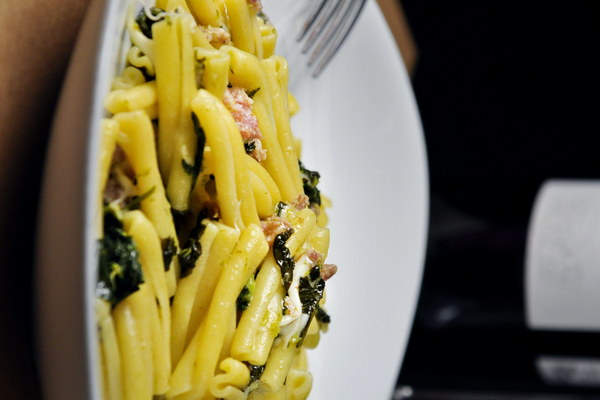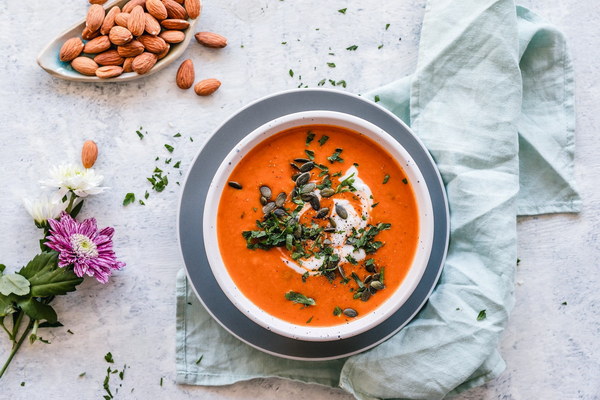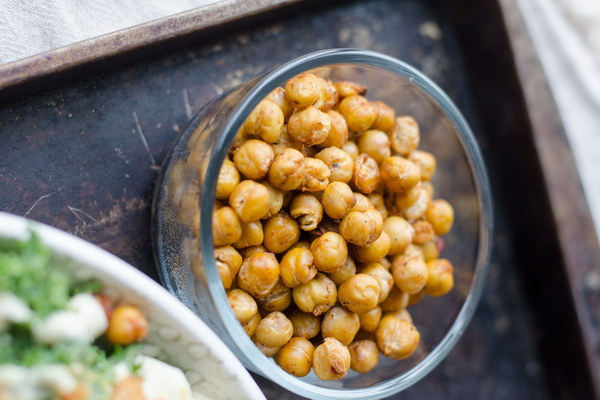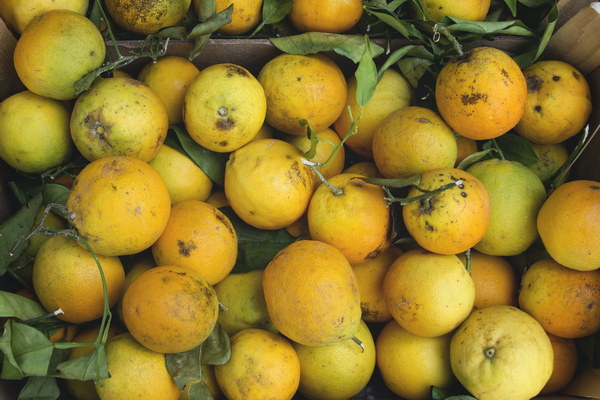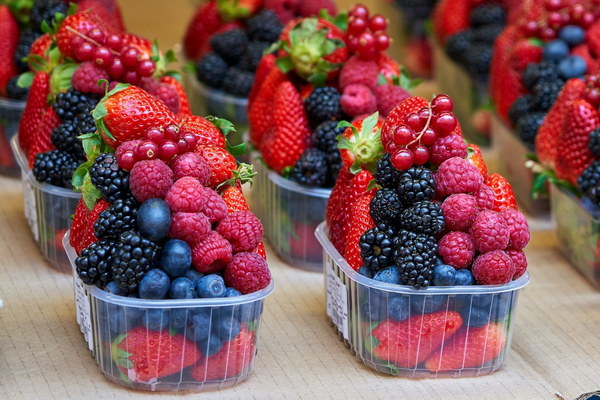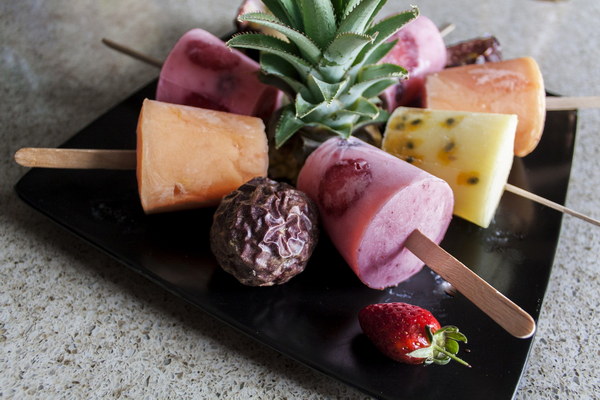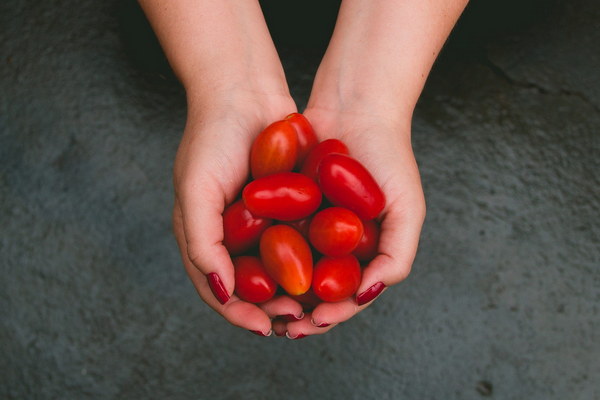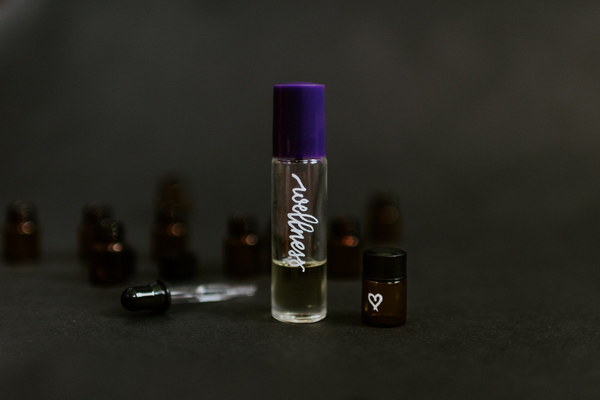Nourish Your Liver and Kidneys A Guide to a Healthy Diet
Introduction:
The liver and kidneys are two vital organs in the human body, responsible for filtering toxins, producing bile, and maintaining the balance of fluids. A diet rich in specific nutrients can help support and enhance the functions of these organs. This article provides a comprehensive guide to a liver and kidney-friendly diet, including foods to include and avoid, as well as tips for maintaining overall health.
1. Foods to Include:
a. Leafy Greens:
Leafy greens like spinach, kale, and Swiss chard are rich in essential nutrients that support liver and kidney health. These vegetables contain antioxidants, vitamins, and minerals that help protect against oxidative stress and inflammation.
b. Berries:
Berries such as blueberries, strawberries, and raspberries are high in antioxidants and anti-inflammatory compounds. They help reduce the risk of kidney disease and support liver detoxification.
c. Almonds:
Almonds are an excellent source of healthy fats, vitamins, and minerals. They contain antioxidants that protect the liver from oxidative stress and help reduce inflammation.
d. Garlic:
Garlic has been shown to have numerous health benefits, including liver and kidney protection. It contains sulfur compounds that stimulate the production of glutathione, a powerful antioxidant that supports detoxification.
e. Turmeric:
Turmeric is a spice that contains curcumin, a compound with potent anti-inflammatory and antioxidant properties. It helps improve liver function and reduces the risk of kidney disease.
f. Green Tea:
Green tea is rich in antioxidants called catechins, which help protect the liver and kidneys from oxidative stress. It also promotes the production of bile, which aids in digestion.
2. Foods to Avoid:
a. Processed Foods:
Processed foods are high in unhealthy fats, sodium, and preservatives, which can put stress on the liver and kidneys. Avoiding these foods can help reduce inflammation and support overall organ health.
b. High-Fat Foods:
High-fat foods, such as fried foods, red meat, and full-fat dairy products, can contribute to fatty liver disease and kidney damage. Opt for lean proteins and low-fat dairy options instead.
c. Refined Sugars:
Excessive sugar intake can lead to insulin resistance, which may increase the risk of non-alcoholic fatty liver disease (NAFLD) and kidney damage. Minimize your consumption of sugary drinks and desserts.
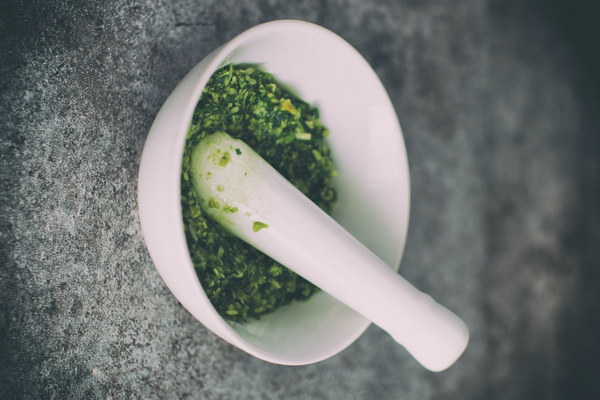
d. Alcohol:
Alcohol is a significant burden on the liver, leading to conditions such as cirrhosis and liver failure. Limiting alcohol consumption or avoiding it altogether is essential for liver health.
3. Tips for Maintaining a Liver and Kidney-Friendly Diet:
a. Stay Hydrated:
Drinking plenty of water helps flush out toxins and supports kidney function. Aim for at least 8-10 glasses of water per day.
b. Eat a Balanced Diet:
Incorporate a variety of fruits, vegetables, whole grains, lean proteins, and healthy fats into your diet to ensure you're getting a wide range of nutrients.
c. Limit Salt Intake:
Excessive salt can lead to high blood pressure, which may put stress on the kidneys. Reduce your salt intake by using herbs and spices to flavor your meals instead of salt.
d. Regular Exercise:
Engaging in regular physical activity can improve overall health and support liver and kidney function. Aim for at least 30 minutes of moderate exercise most days of the week.
Conclusion:
A liver and kidney-friendly diet is essential for maintaining optimal health. By incorporating nutrient-rich foods, avoiding harmful substances, and following the tips mentioned above, you can support the functions of these vital organs and reduce the risk of related diseases. Remember to consult with a healthcare professional before making any significant changes to your diet or lifestyle.
